TIESA KAIP UGDYMO GĖRYBĖ
The article discusses various aspects of truth. Truth could be viewed as a truth of nature, as an individual truth of a person, as a truth of special and universal sciences, as a truth of a society.
More...We kindly inform you that, as long as the subject affiliation of our 300.000+ articles is in progress, you might get unsufficient or no results on your third level or second level search. In this case, please broaden your search criteria.
The article discusses various aspects of truth. Truth could be viewed as a truth of nature, as an individual truth of a person, as a truth of special and universal sciences, as a truth of a society.
More...
Straipsnyje apžvelgiami pagrindiniai Stasio Šalkauskio filosofijos bruožai, nagrinėjamos filosofijos sąsajos su ugdymu. Čia sekama paties profesoriaus mintimi, kad pedagogika yra praktiškai pritaikyta filosofija. Būtent iš filosofijos išplaukia S. Šalkauskio „pilnutinio ugdymo sistema”. Šioje sistemoje išskiriamos pagrindinės ugdymo funkcijos (auginimas, globojimas, lavinimas, auklėjimas), ugdymo sritys (fizinė, kultūrinė, religinė), principai (universalumo, harmonijos, subordinacijos), lygiai (individualus, visuomeninis, tautinis, tarptautinis) ir t.t. Straipsnyje taip pat aptariami ugdymo veikėjai ir veiksniai, kuriuos S. Šalkauskis skirsto į prigimtinius - „pašauktus iš prigimties” ir paskirtinius - „pašauktus iš paskirties”.
More...
Jonas Laužikas (1903-1980) savo darbuose daug dėmesio skyrė užsienio pedagoginei minčiai studijuoti. Jis buvo gerai susipažinęs su XIX a. pab. - XX a. pr. pedagoginėmis srovėmis (darbo, veiklos mokykla, veiksmo, eksperimentinė, asmenybės, pragmatistinė, estetinio auklėjimo, egzistencialistine ir kt. pedagogikos srovėmis), su užsienio pedagogų praktine patirtimi. Ypač daug dėmesio Laužikas skyrė Vokietijos naujosioms mokykloms, kurių ne tik teorijas, bet ir praktinę patirtį buvo itin nuodugniai išstudijavęs ir radęs vertingų dalykų.
More...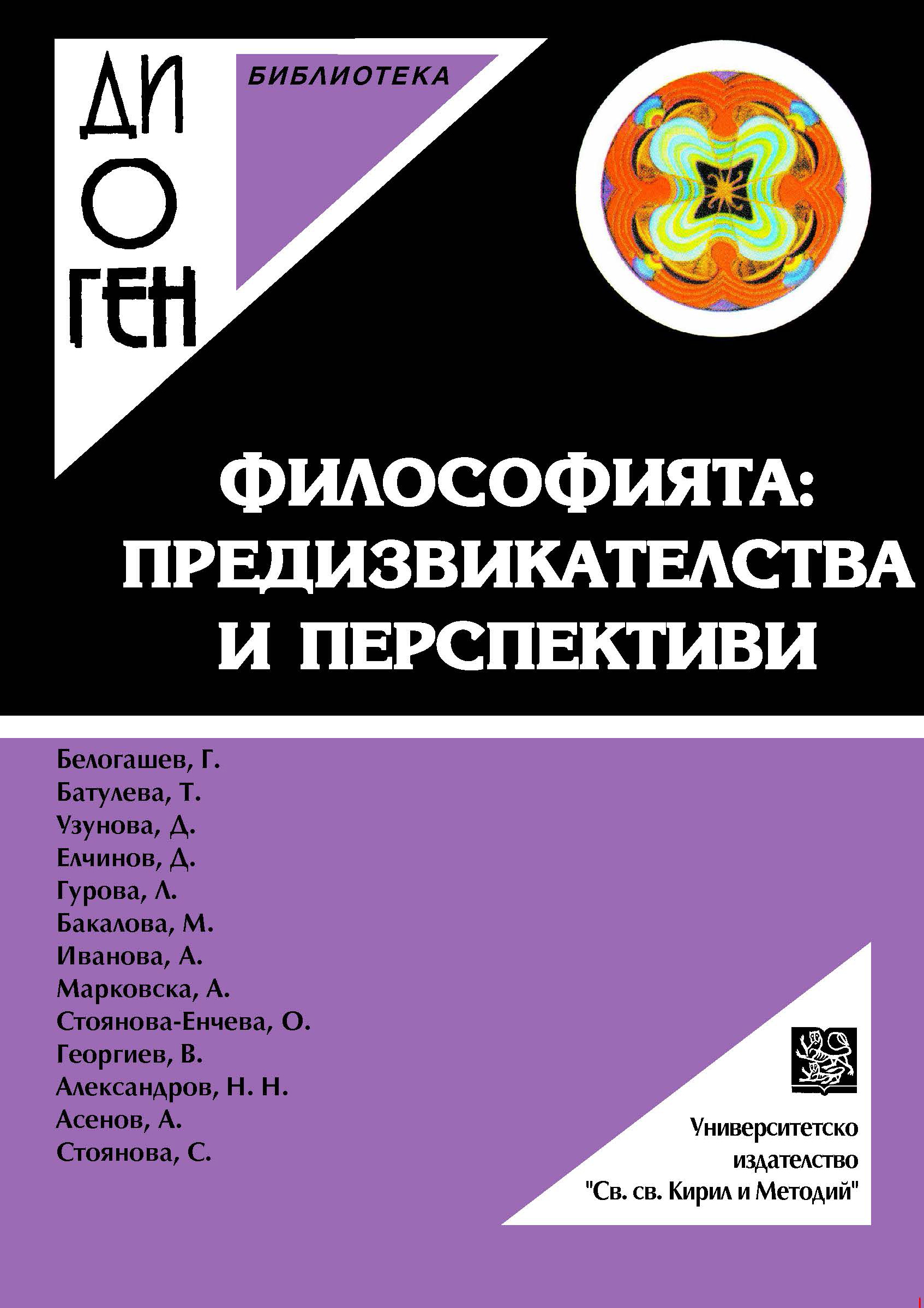
This article is devoted to German neoliberalism, which differs from the other national schools of the doctrine in question on the large scientific-theoretical array and the scientific-political science inherent in German social philosophers, which deals with the legal, economic and legal-political issues of democracy, market economy and the role of the state in a free society. One important feature of German neoliberalism, which emerges in the German universities, is emphasized, and besides being the most complex of all the national schools of neoliberalism and with the greatest number of theorists, it has for a long time maintained its objectivity and position on common sense, protecting the interests of all citizens, regardless of their property and social status. It also emphasizes that emblematic feature of German neoliberalism, according to which this national school does not deny the role of the state in social and economic life, but affirms it.
More...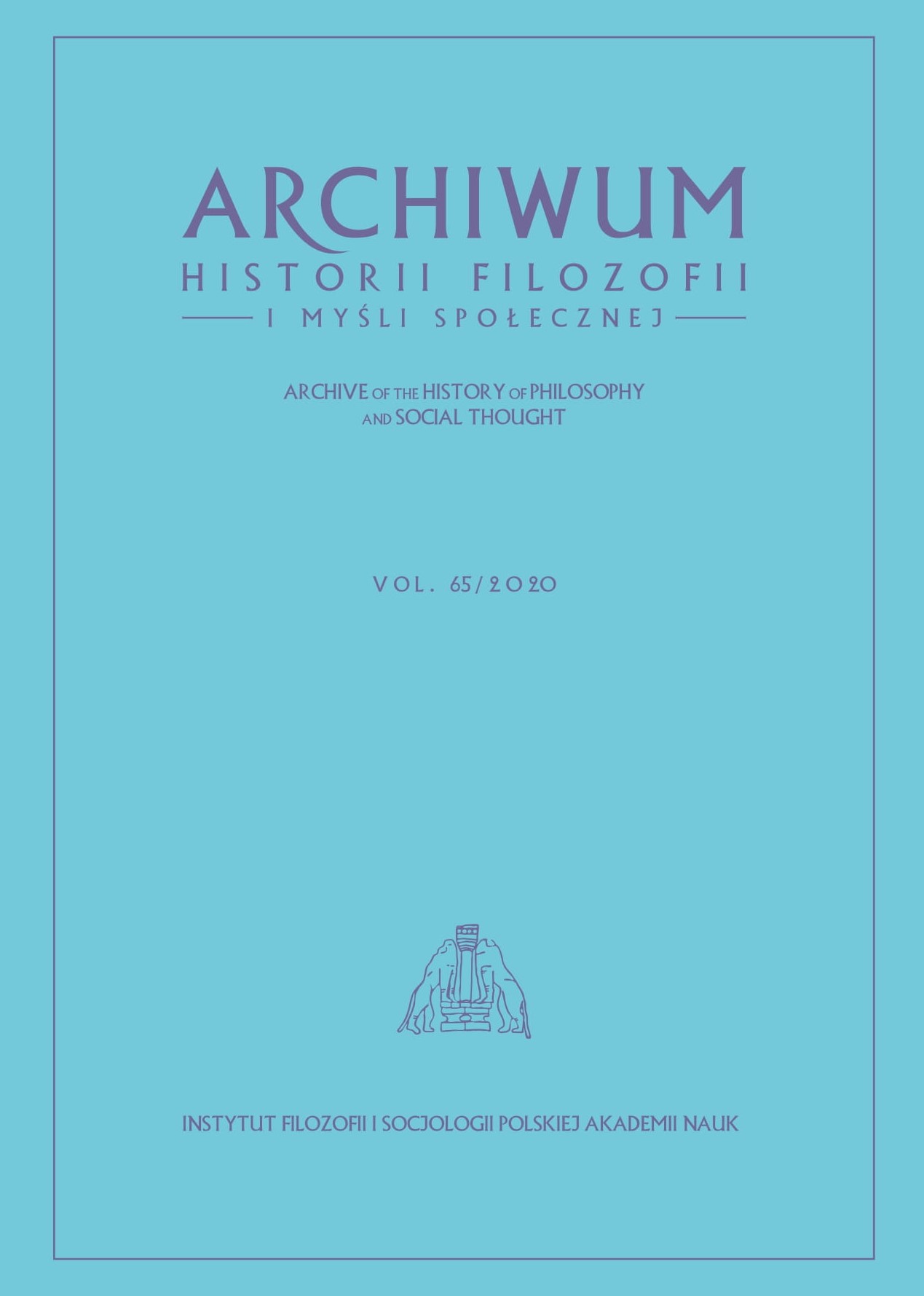
Gorgias’s treatise On the non-Being or on Nature is available to us in two perfect reports by Aristotle and Sextus Empiricus. Unfortunately most translators and commentators, who reduce the verb estin to “exist” render the entire treatise nihilistic. When Gorgias says ouden estin, which means that “nothing can be said to be”, that “no thing is” but not that “nothing exists”. In this approach, we have an erroneous treatment of esti as an absolute existential predicate, which leads to a complete nullification of all reality. Plato’s considerations in Cratylus, Theaetetus, and Timaeus on the essence of variabilism proved extremely helpful for our current analysis of the sense of Gorgias’s treaty. Th e verb einai/esti together with menein, emmenai, pelein, estanai/estos are stative verbs that designate constancy, eternity of an object, something that is immutable, unlike dynamic, processual verbs such as “become”, which reflect the dual order of reality. Plato, who presented Heraclitus’s claim that “everything flows” and “nothing persists” (ouden menei) confirms that einai and menein are synonymous. Th ese verbs are not applicable to things of this world, as those are in constant flux. Things not so much “are” as they “become”. As Plato says (Timaeus 28a), “What is it that always is, but never comes to be, and what is it that comes to be but never is?” (transl. R. Wakefield). In his polemic with Eleatism, Gorgias was inspired by fragment B6 of Parmenides’s poem: “Being persists […] nothing it is not” (t’eon emmenai … meden d’ouk estin). Gorgias’s position is not an open attack on Parmenides’s transcendent Truth-Being, but a claim of the non-cognizability of such an object. Gorgias objects to the elimination of the non-being of becoming as absolute Non-being, and argues that in earnest in favor of relative non-Being qua something different and becoming as the only reality, which through comparison with absolute Being is not[1]this-Being, but not non-relative Non-being, as the Eleatics seem to have claimed. Gorgias᾿s position appears to be the apology of non-Being which exists, that is of becoming; at the same time, it is a direct charge on the substantiality of things in general. Gorgias᾿s position can be recapitulated as nothing is sc. true, there is no truth-criterion in things, therefore, everything is opinion. It is reinforced further by meontological, i.e. anti-Eleatic emphasis: no thing is something, because it is not even one (oud’ hen). Therefore, nothing is being (substance), because everything is becoming. Th us the title of Gorgias᾿s treatise can be treated as an 262 Seweryn Blandzi antithesis to that of Melissus᾿s would emphasize the “non-beingness” of nature, the nonsubstantiality of things. Therefore, if Gorgias᾿s text was polemical, and it questioned (while at the same time maintaining the positivity of becoming as non-Being) only the immutability of things, and thus we cannot speak of the existence or the cognizability of natures/essences of things (pragmata), which “no more are [true] than are not”, and with respect to which “no one can intellectually grasp the same thing as someone else”. In his theory of Ideas, Plato aimed at a preservation of phenomena (sodzein ta phainomena) it was also Gorgias’s idea, but without the ontological grounding
More...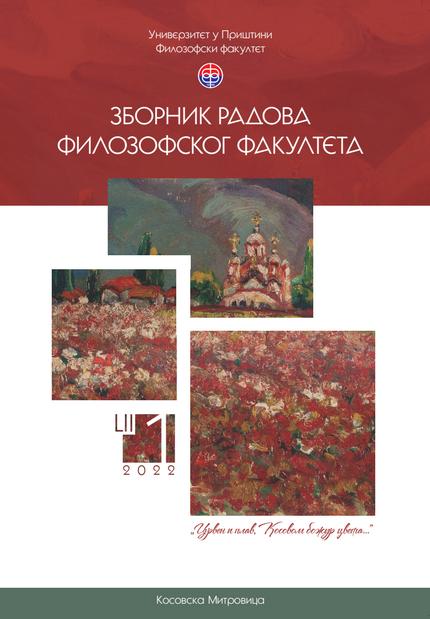
The growing discussions of Heidegger’s opus postumum, Schwartze Hefte, require adequate considerations of the issue. These discussions can no more be considered by separating Heidegger’s political and philosophical thought, as was the case until now, because the content they provide is almost unambiguous. The concept of ‘decision’ is actualized almost universally, hence the decisionism here accounts for the negative unity of all investigating categories. We postulate that this resulted from abandoning the critical attitude and the subsequent dialectological discussion of the original ontological concepts, as well as its hermeneutical consequences. The absurdity of turning a blind eye to the glorification of Neo-Nazi inclinations should not be a part of philosophy.
More...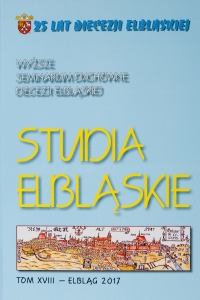
The purpose of the analyses carried out in this article is, according to Wojtyła’s words, an attempt to understand the human person for herself, in order to answer the challenge that human experience brings in all her wealth, as well as the existential problem of man in the modern world. The content of the article consists of analyses of selected fragments from the anthropological works of Wojtyła. It is considered in turn: the specificity of the person in relation to nature, the person-nature dynamism, the concepts of transcendence and integration of the person, the soul-body relationship, the unity of the person, and the purpose of personal life. Wojtyła’s anthropological effort was to capture what is irreducible in man, keeping his ontological and subjective (conscious) dimension. The starting point for the analyses is the composition of man of different factors reducible to carnality and spirituality (taken at the beginning as the experiential phenomena). The analysis of a person’s transcendence and then so called integration of nature in a person showing the unification of various structures into the ontic oneness, strives in a methodically grounded way to show the integrity and uniquenessof man as a person. The specific personal existence that justifies also the ontic unity of man, is grasped in the acts of lived experience, in the categories of self-ruling and self-owning, inthe experience of transcendence, as well as in his corporeality.The culminating moment of this reflection is drawing attention to the fact that man fulfills himself as a person through a kind of personal openness to truth, goodness and beauty, which is manifested especially in union with another human being, and in the desire to unite with the very source of existence, the personal Absolute.
More...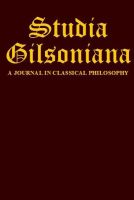
There is some debate among interpreters of Aquinas as to whether he attributed a doctrine of creation to Plato and Aristotle. Mark Johnson has noted many texts where Aquinas does appear to attribute to Plato and Aristotle an understanding of creation. Yet, an initial glance at Summa Theologiae I.44.2 would suggest he did not. This paper first examines what various interpreters of Aquinas have had to say on the matter. Secondly, it argues that Summa Theologiae I.44.2, taken in context with the proceeding article and De Potentia III.5, need not be read as denying such a doctrine to Plato and Aristotle. Thirdly, this paper concludes that because Plato and Aristotle do not actually possess doctrines of creation, they cannot be the chief sources for Aquinas’ own thought on this matter. Instead, to attribute creation to Plato and Aristotle, Aquinas interprets them through Avicenna. Thus, Avicenna is the chief source for Aquinas’ understanding of creation.
More...
Thomistic metaphysics has been challenged on the grounds that its principles are inconsistent with our experiences of divine action and of our own subjectivity. Challenges of this sort have been raised by Eastern Christian thinkers in the school of Gregory Palamas and by contemporary Personalists; they propose alternative metaphysics to explain these experiences. Against these objections and against those Thomists who hold that Thomas Aquinas’ claims exclude Byzantine and Personalist metaphysics, I argue that Thomas’ metaphysical principles already have “flexibility” built into them, such that they can accommodate ways that reality is given in experience, which Thomas did not consider. I argue for this claim using the work of Byzantine and Personalist Thomists, and especially of Jacques Maritain, who outlines several ways in which Thomistic metaphysical principles can be expanded to explain experiences that he did not consider.
More...
While the Catholic intellectual tradition upholds the uniqueness of humans, much contemporary scientific research has come to the opposing conclusion that humans are not significantly different from other animals. To engage in robust dialogue around the question of human uniqueness, we utilize Aquinas’s model of disputatio to focus on an attribute of human beings that is unexplored in the literature – namely, the human capacity to garden – and address five scientific and philosophical objections to our position that the capacity to garden makes humans distinct. Engaging with various branches of science, we demonstrate that human capacities and modes of gardening are not only incrementally different, but also fundamentally different in kind, from those of nonhuman creatures. Philosophically, we utilize the power-object model of division and Aristotle’s categorization of knowledge to express the difference in kind between human beings and other animals. These responses allow us to set aside each major objection.
More...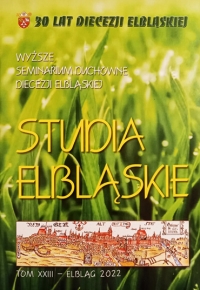
Insofar as agent causality still plays a role in contemporary philosophy, there is no longer a distinction between causality per accidens and causality per se. Using various examples, I will highlight the importance of this distinction for philosophical analysis. Furthermore, the central determinations of these two types of agent causality will be presented and conclusions for causal theory will be drawn.
More...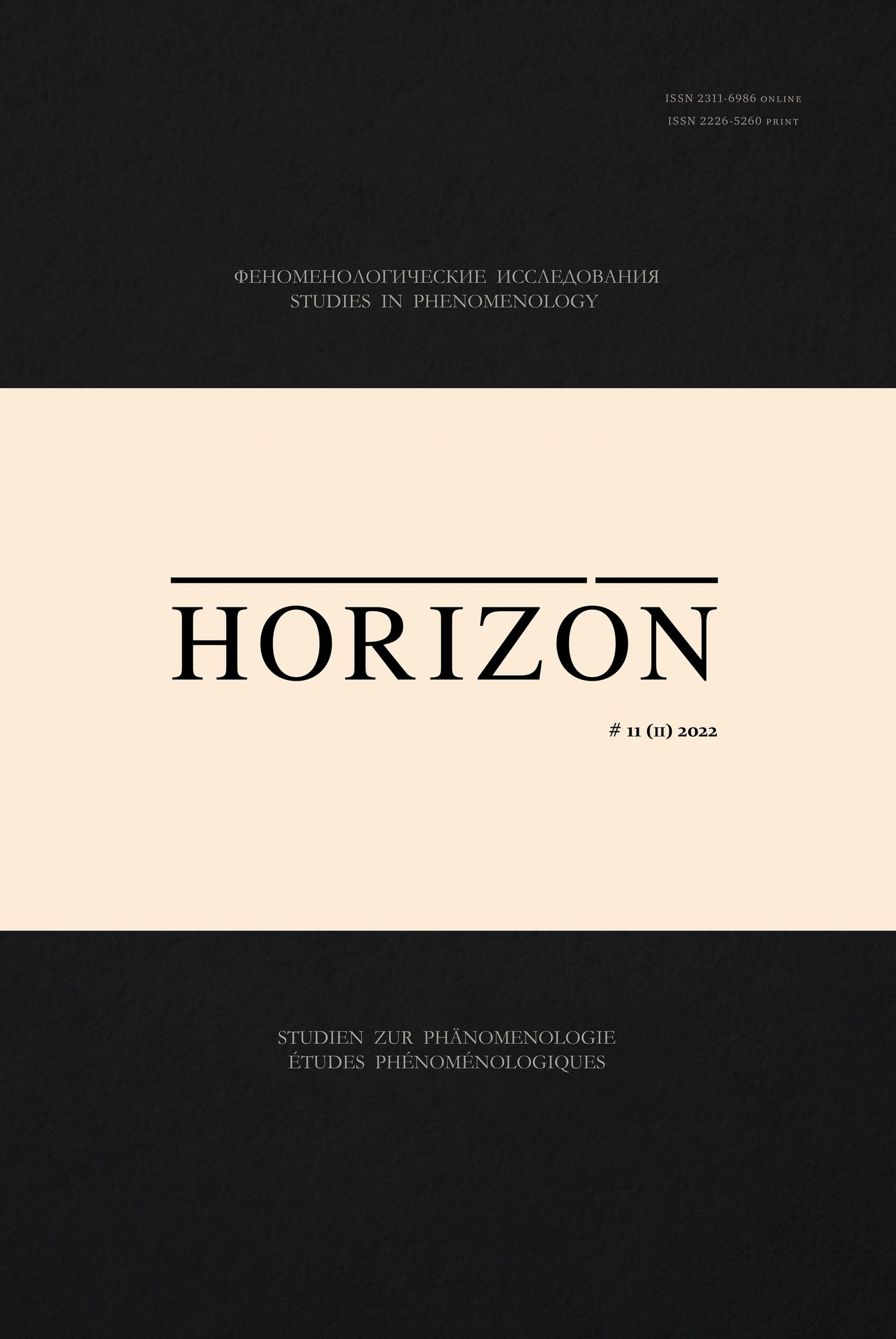
The review is devoted to Georgy Chernavin's book Philosophy of the Troll. The Phenomenon of Paid Bots. The central concept of the book–default opinion as an opinion that nobody is behind — is outlined. In the light of the idea of the default opinion Georgy Chernavin seeks to lay bare the anonymous character of the natural attitude and the general positing which belongs to it — “the” world is always there as an actuality. The natural attitude turns out to be the attitude that nobody has ever taken up, since it has always already taken me up and, thus, is taken for granted without my taking part in it. The review analyzes the ambiguity of the troll as interpreted in the book: on the one hand, the troll is the one who expresses someone else's opinion in the first person, and, in this way, embodies the natural attitude, on the other hand, the troll turns the natural attitude into the professional one, and, therefore, breaks it involuntarily, setting it down as an attitude, that is, moving toward its defamiliarization. Yet the review problematizes the research strategy Georgy Chernavin follows in some respects. In the first instance, this refers to the almost complete reduction of the other to the anonymity, which leaves no room for the meaningful others in the structure of experience. Like Heidegger, Georgy Chernavin relies on the alternative “Me or nobody (das Man)” (despite the problematical character of “me” and “my own” in the book), whereas the other in proper sense and one's own others remain offscreen. I also try to show the problematical character of the interpretation of the involvement and the noninvolvement, represented in the book. The involvement is treated by Georgy Chernavin only as something that buries philosophical problems in oblivion, and all possibilities of philosophical understanding are attributed to the noninvolvement. I argue that, on the contrary, the involvement in phenomenology is also essential for the non-identity of the self and, thus, is the condition of the possibility of the philosophical problematization, whereas the noninvolvement, as exemplified by the trolls, can turn out to be the source of the default opinions too. In conclusion, I consider the possibility of turning the central argument of the book against the book itself by representatives of other philosophical traditions.
More...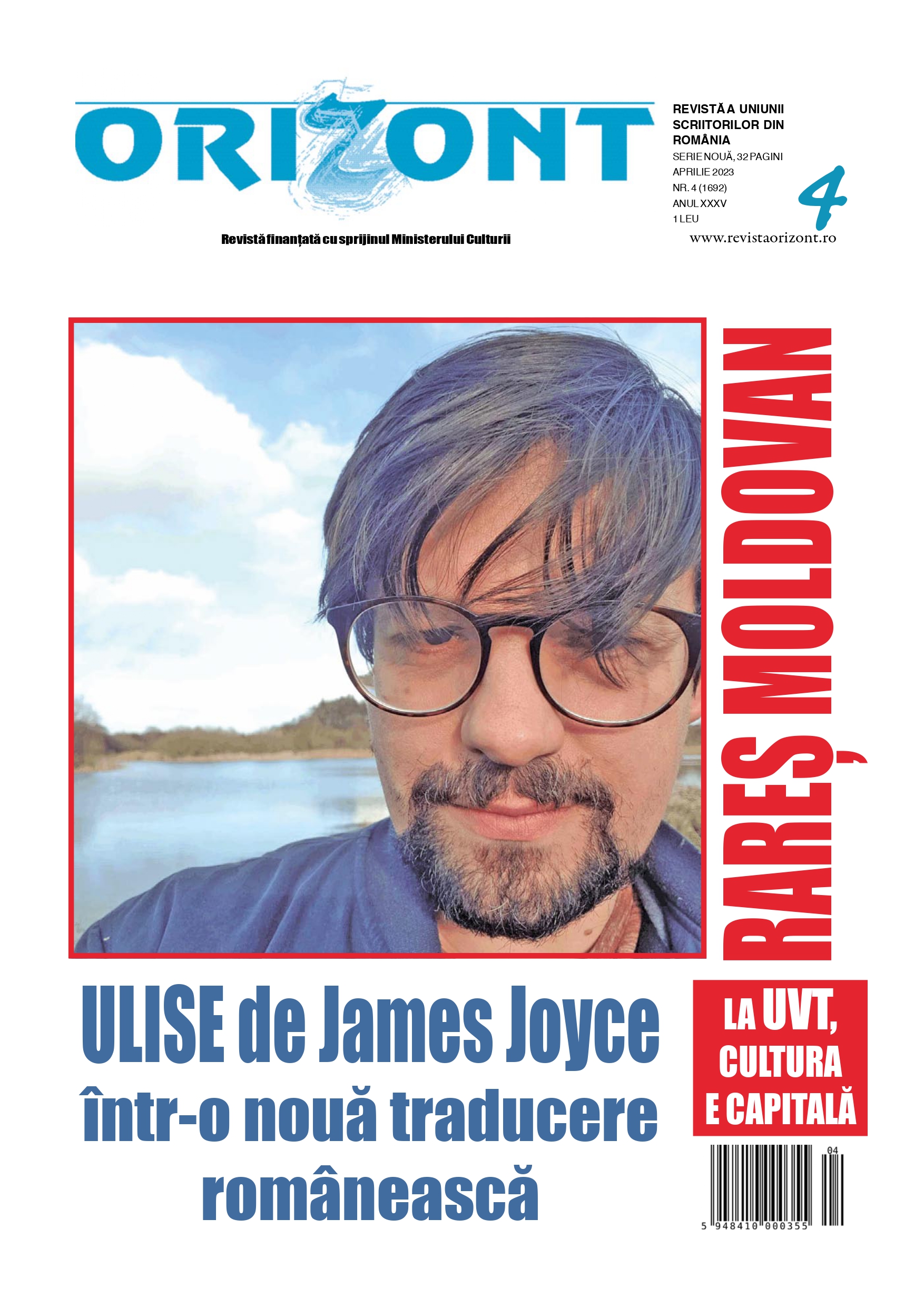
Prin mijlocirea unor mici tratate precum Isagoga lui Profir fenicianul1 şi controversatul Liber de Causis atribuit multă vreme lui Aristotel,2 dar şi a dialogurilor platoniciene îndelung comentate de filosofii neoplatonicieni, această idee fundamentală a fost transmisă mai departe prin autori precum Chalcidius, Sfântul Augustin din Hippo şi Sfântul Ioan din Damasc. Un excelent rezumat al doctrinei lui Chalcidius găsim în Filosofia în Evul Mediu a lui Étienne Gilson
More...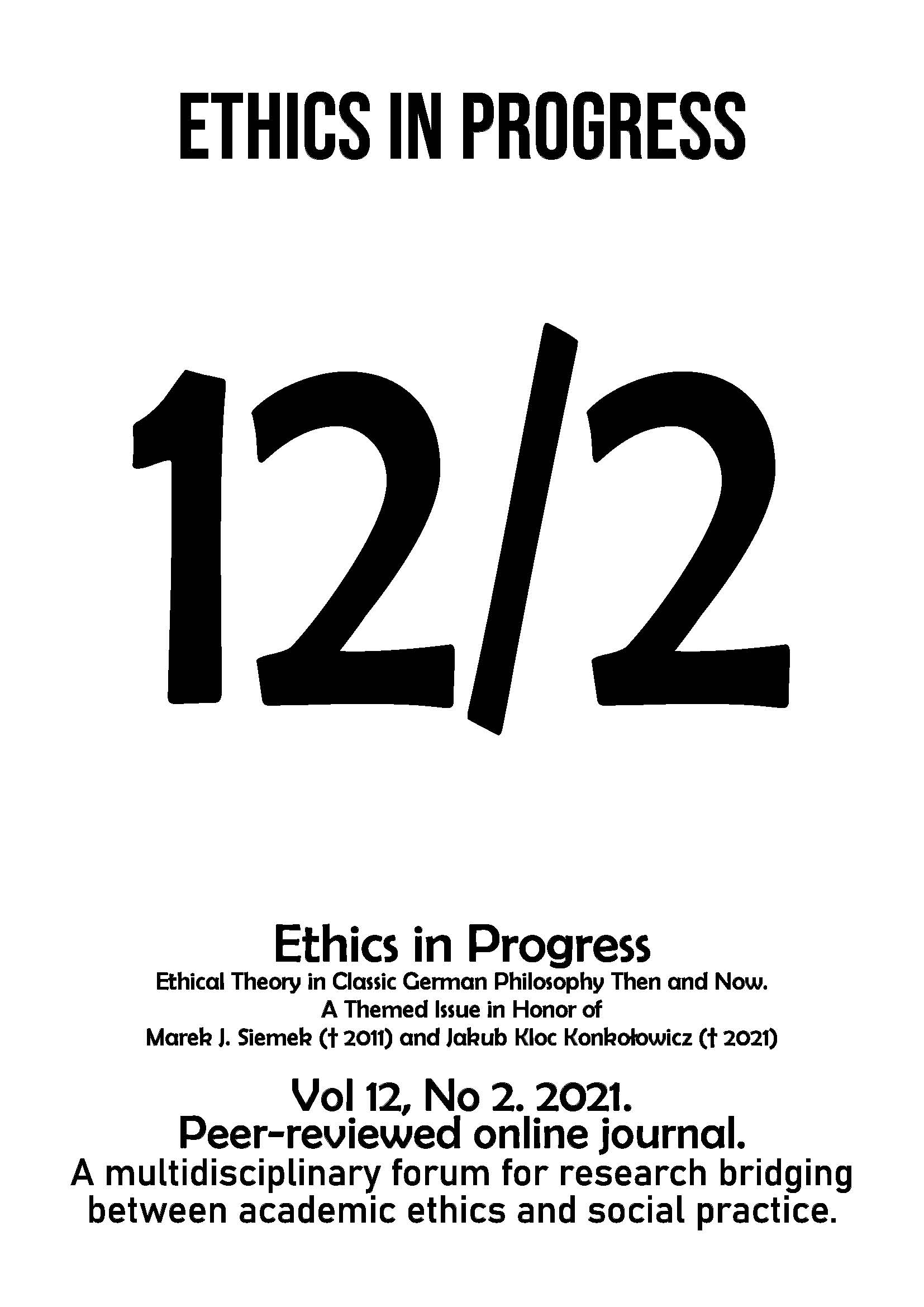
The volume brings together contributions in the spirit embodied by Marek J. Siemek († 2011) and Jakub Kloc-Konkołowicz († 2021), two Warsaw philosophers truly devoted to Classical German Philosophy. They were simultaneously in a relationship between thinker and adept, and thinker and thinker. They both taught philosophy, with a strong emphasis on classic German philosophy, at Warsaw University. Under the theme “Ethical Theory in Classic German Philosophy Then and Now,” students and companions continue their discussions with both of them.
More...
In Kant’s writings, we can discover four key moments in the realization of moral freedom: i) The original possibility of being free, ii) The act described by Kant as radical evil, iii) The opposite act, that is, an inner conversion to good, and, finally, iv) The long process of the self-development of virtue extending to immortality. There are further issues such as the double concept of moral evil, and practical temporality. Moral freedom is originally located (and presupposed in Kant’s transcendental deduction) in the individual, her decisions, and the maxims or principles that guide her actions, even though a community (as both a „kingdom of ends” and social reality) provides the scope wherein all this takes place and its socially and historically-situated shapes. This paper tries to systematize these crucial stages of Kant’s moral philosophy with the focus on the concept of virtue.
More...
In this paper I will focus on education as the core function of reason in Kant and Fichte. The notion of reason carries an intrinsic tendency to universality, which is difficult to be reconciled with its local (cultural, historical, anthropological) background and actualisation. I believe that the stress on the importance of learning, which can be seen in the works of both Kant and Fichte, might provide useful clues to approaching the relation between universality and particularity. I will start by focusing on Kant’s narration on the genealogy of human reason in the Conjectural Beginning of Human History, and then move on to the critical writings and selected lectures in order to focus on the role of human dignity and ethical education for the moral appraisal and the practice of virtue. Later, I will consider Fichte’s lectures on the Vocation of the Scholar, the Vocation of Man and The Characteristics of the Present Age, which are crucial to understanding the social, ethical and political role of the scholar. For Fichte, education is the best instrument to eradicate selfishness, regarded as a historical phenomenon which can lead a nation to ruin. I will then provide some conclusions concerning the two accounts and their implications.
More...
Moving from Fichte’s assumption that “the essence of the I is its activity”, this paper tries to analyze the meaning and implications of the idea of “activity” [Tathandlung] in order to explicate the peculiarities of Fichte’s critical, transcendental, and moral idealism. Fichte’s idea of activity will be examined with reference to such basic concepts as collision [Anstoss], interaction [Wechselwirkung], inter-determination [Wechselbestimmung], and striving [Streben]. However, it is freedom which frames and connects the core components of Fichte’s thinking and sets up the goal of his philosophy of action. What freedom accounts for, can be identified both at the transcendental level, in the internal dynamic of infinity and finitude constituting the subjectivity of the I, and at the moral and social levels of Fichte’s thought, as the goal of the human action in history and in the society. In assuming the unitary character of Fichte’s philosophical system, concluding remarks are developed concerning the moral meaning of the act of striving for freedom and, conversely, the immorality of attitudes and feelings such as fear, resignation, and fatigue.
More...
In his Prolegomena to Historiosophy, published in 1838, August von Cieszkowski wrote that we are at the turning point in history, when facts turn into deeds. This raises the question of what is actually to be understood by the term “deed” [Tat] and why, the hour of the deed should have come precisely now. After focusing on Hegel’s concept of a history of freedom, I will present two models of understanding action and conclude by discussing their consequences. More specifically, I will undertake a search that will lead us – by way of a detour via Hegel’s Phenomenology of Spirit – to Fichte’s concept of the act of doing. That socio-political practice can be justified in this way, however, is denied by those who argue that society and politics in Hegel fall under the category of objective and not of absolute spirit. The alternative model of action that I will focus on, concerns action in relation to objects, or labour, a model that Hegel had already worked out in Jena, and that Marx will re-discover (rather than invent) and further develop.
More...
We ignore the history of philosophy at our peril. Engels, who typically conflates Marx and Marxism, points to the relation of Marxism to the tradition while also denying it. In his little book on Feuerbach, Engels depicts Feuerbach as leading Marx away from Hegel, away from classical German philosophy, away from philosophy and towards materialism and science. This view suggests that Marx is at best negatively related to Classical German philosophy, including Hegel. Yet Engels elsewhere suggests that Marx belongs to the classical German philosophical tradition. In the preface to Socialism, Utopian and Scientific, Engels wrote: “We German socialists are proud that we trace our descent not only from Saint Simon, Fourier and Owen, but also from Kant, Fichte and Hegel” (Marx & Engels, Collected Works). In this paper I will focus on Marx’s relation to Fichte. This relation is rarely mentioned in the Marxist debate, but I will argue, it is crucial for the formulation of Marx’s position, and hence for assessing his contribution accurately. One of the results of this study will be to indicate that Marx, in reacting against Hegel, did not, as is often suggested, ‘leave’ philosophy, but in fact made a crucial philosophical contribution.
More...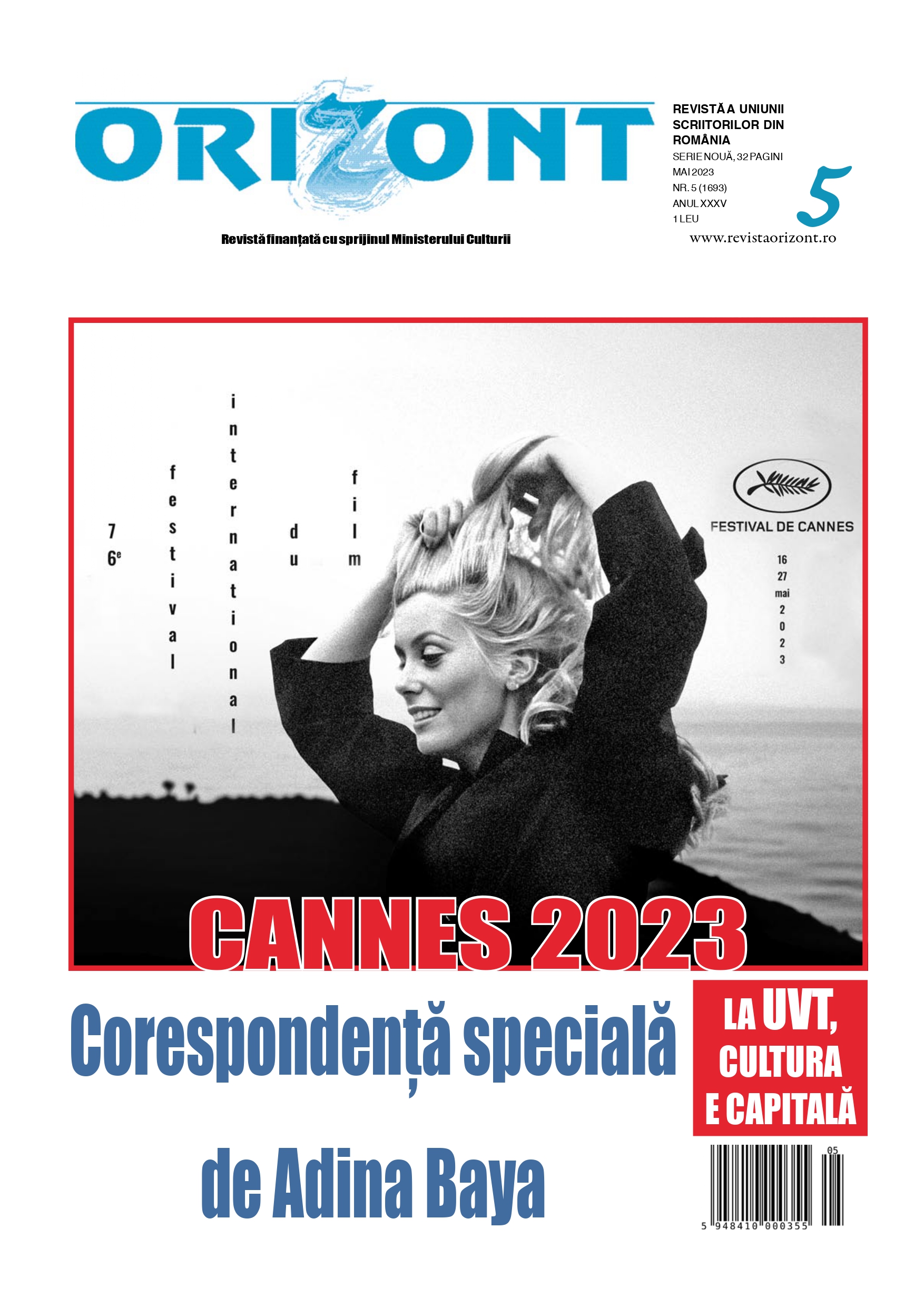
Deși autori moderni precum René Descartes sau Immanuel Kant au fost debitori ai tradiţiei filosofice scolastice, ei nu au fost îndatorați - așa cum crede și afirmă, reducționist, Étienne Gilson în Index Scolastico-Cartésien - lui Thoma d’Aquino ci, după cum arată Roger Ariew, unui alt autor îndeobște considerat, pe drept cuvânt, ultimul mare scolastic: Francisco Suárez. Dezvoltate până la a deveni simple jocuri sterile de cuvinte, ideile scolasticilor au fost preluate prin Suárez care, în fapt, a reprezentat una din principalele surse de referință ale lui Descartes și ale filosofiei moderne. În interiorul curentului post-suárezian s-a dezvoltat acea linie de interpretare raționalist-pozitivistă pe care o numim, cu un termen peiorativ, „scolasticism”. Iată, deci, motivul pentru care trebuie să rezumăm doctrina acestui ultim reprezentat al tradiției filosofice medievale subliniind ideea sa centrală.
More...